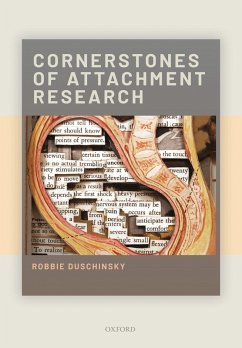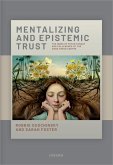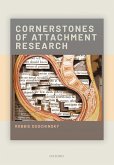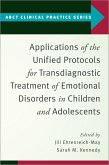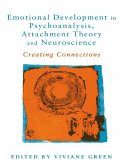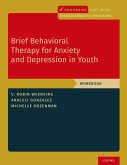This is an open access title available under the terms of a [CC BY-NC-ND 4.0 International] licence. It is free to read at Oxford Clinical Psychology Online and offered as a free PDF download from OUP and selected open access locations. Attachment theory is among the most popular theories of human socioemotional development, with a global research community and widespread interest from clinicians, child welfare professionals, educationalists and parents. It has been considered ?one of the most generative contemporary ideas? about family life in modern society. It is one of the last of the grand theories of human development that still retains an active research tradition. Attachment theory and research speak to fundamental questions about human emotions, relationships and development. They do so in terms that feel experience-near, with a remarkable combination of intuitive ideas and counter-intuitive assessments and conclusions. Over time, attachment theory seems to have become more, rather than less, appealing and popular, in part perhaps due to alignment with current concern with the lifetime implications of early brain development Cornerstones of Attachment Research re-examines the work of key laboratories that have contributed to the study of attachment. In doing so, the book traces the development in a single scientific paradigm through parallel but separate lines of inquiry. Chapters address the work of Bowlby, Ainsworth, Main and Hesse, Sroufe and Egeland, and Shaver and Mikulincer. Cornerstones of Attachment Research utilises attention to these five research groups as a lens on wider themes and challenges faced by attachment research over the decades. The chapters draw on a complete analysis of published scholarly and popular works by each research group, as well as much unpublished material.
Dieser Download kann aus rechtlichen Gründen nur mit Rechnungsadresse in A, B, BG, CY, CZ, D, DK, EW, E, FIN, F, GR, HR, H, IRL, I, LT, L, LR, M, NL, PL, P, R, S, SLO, SK ausgeliefert werden.

